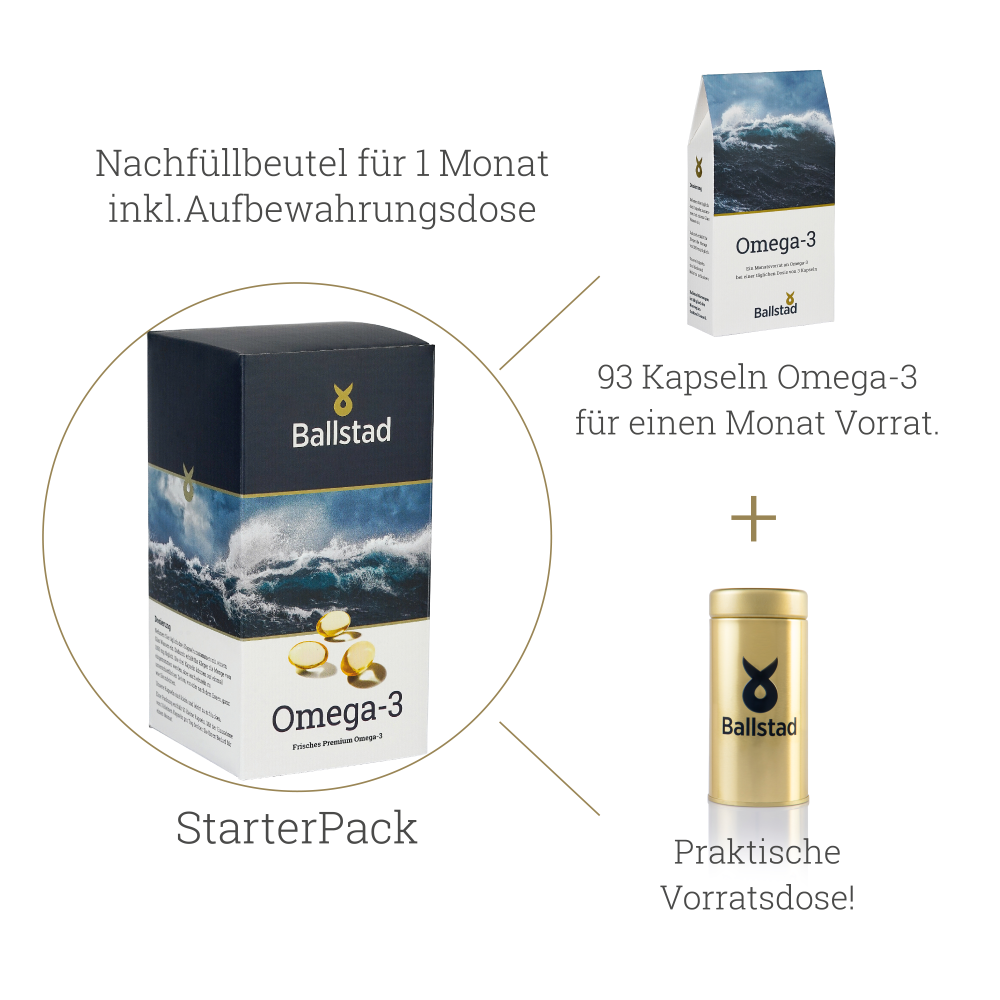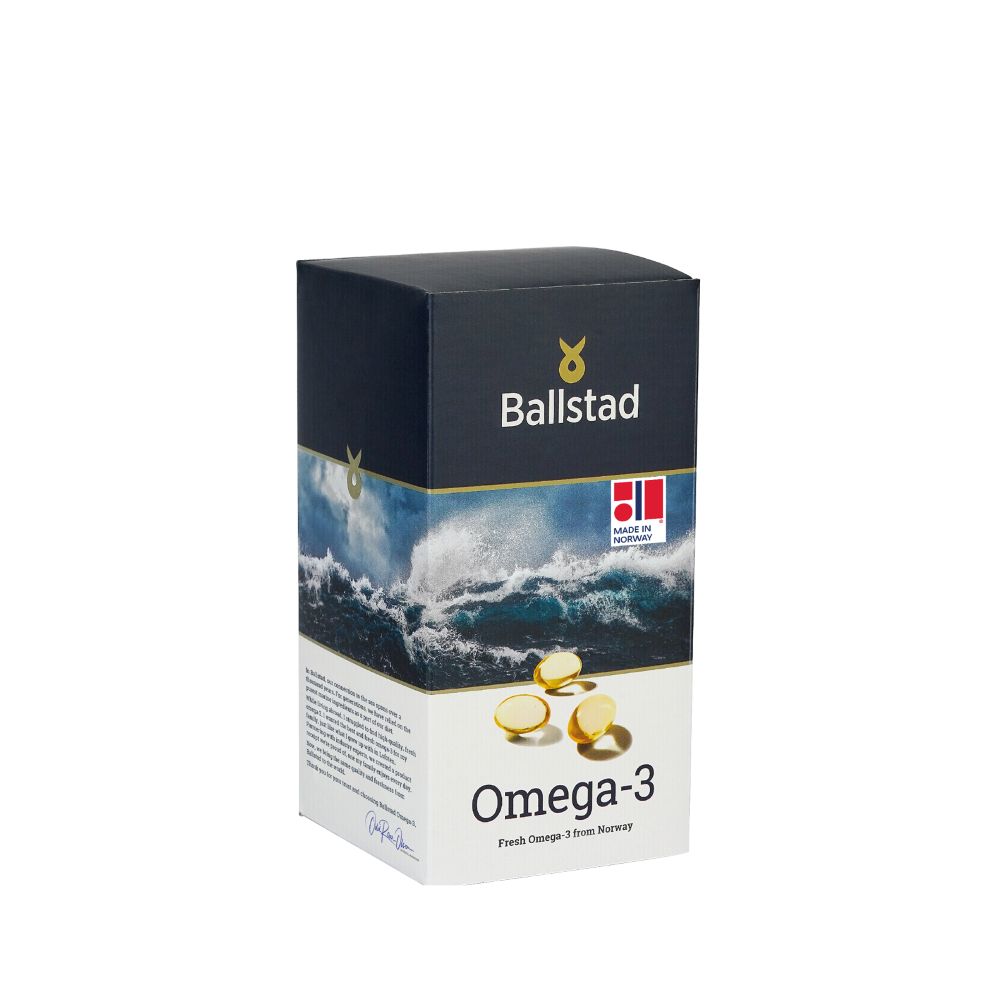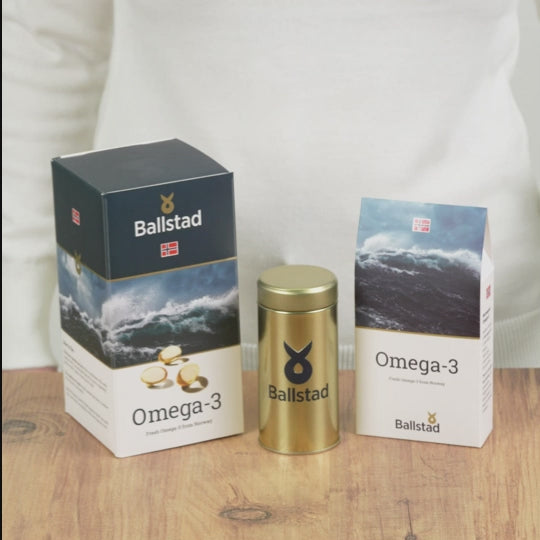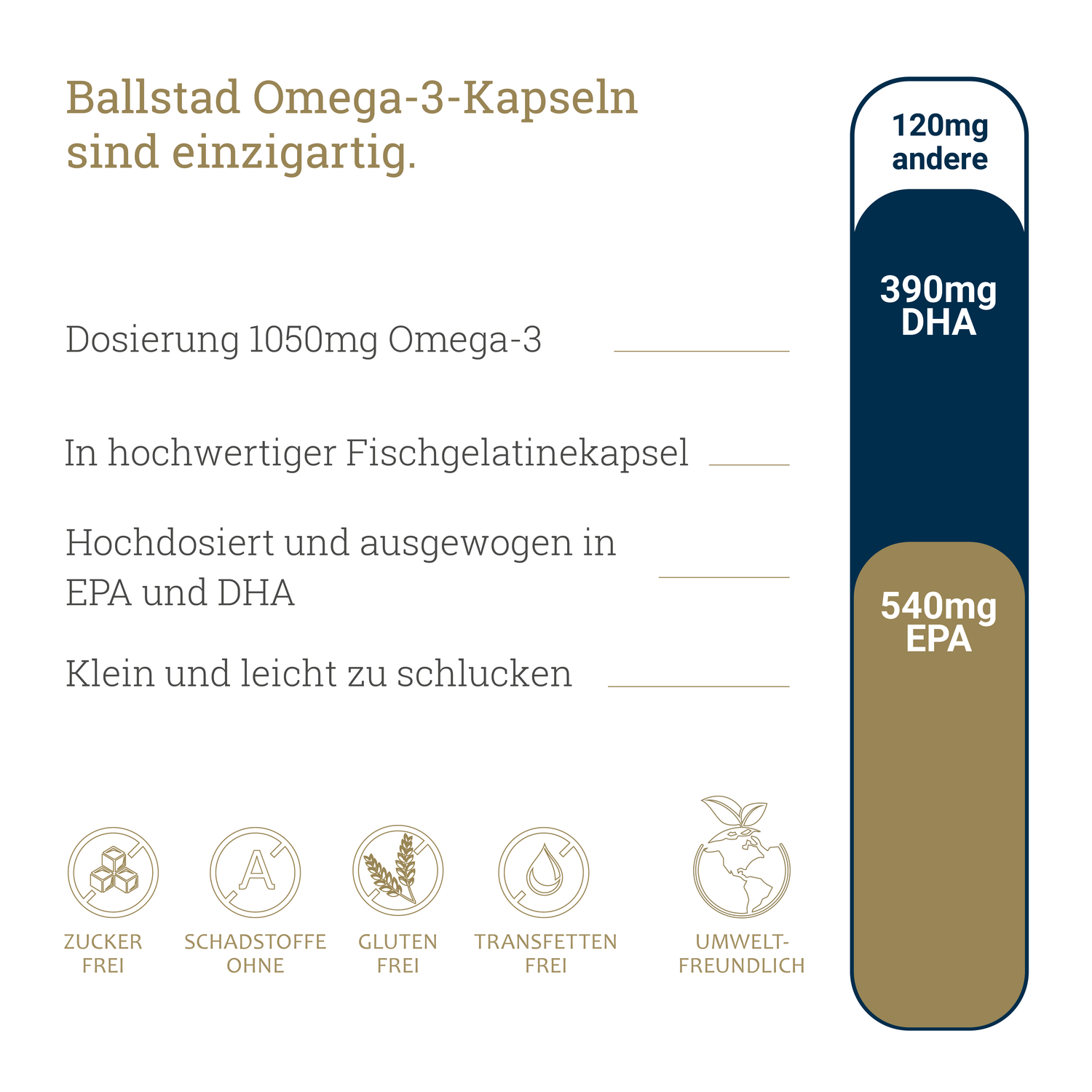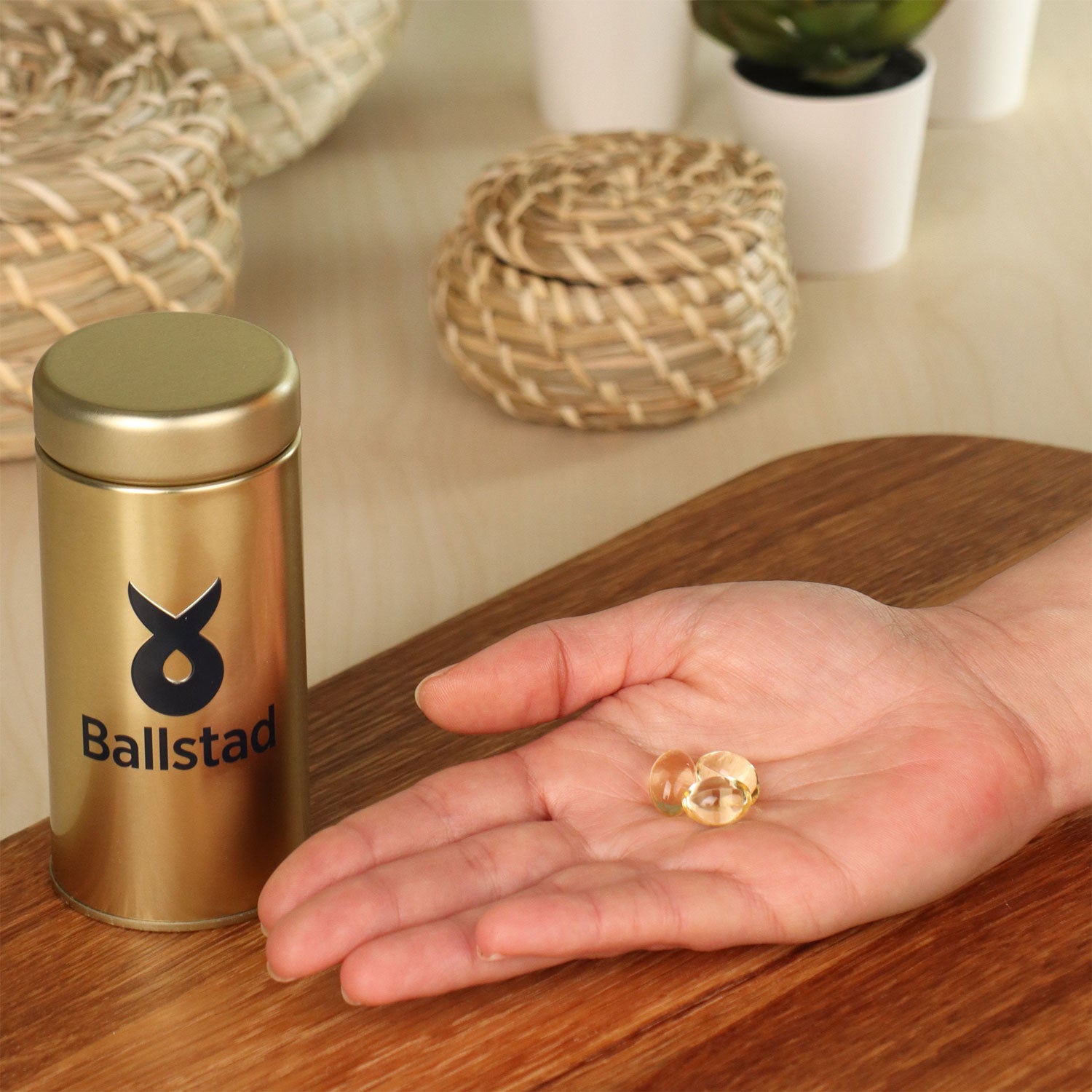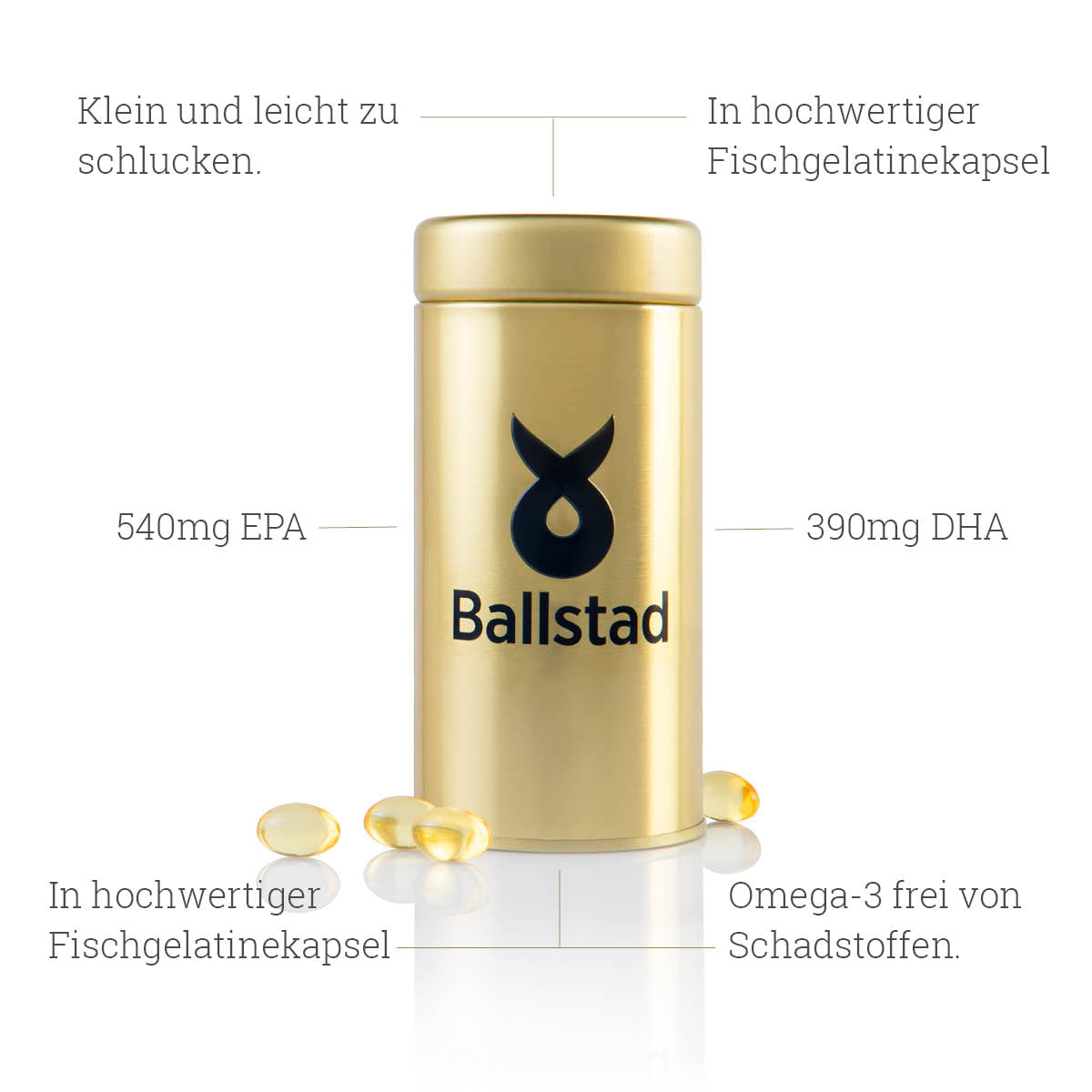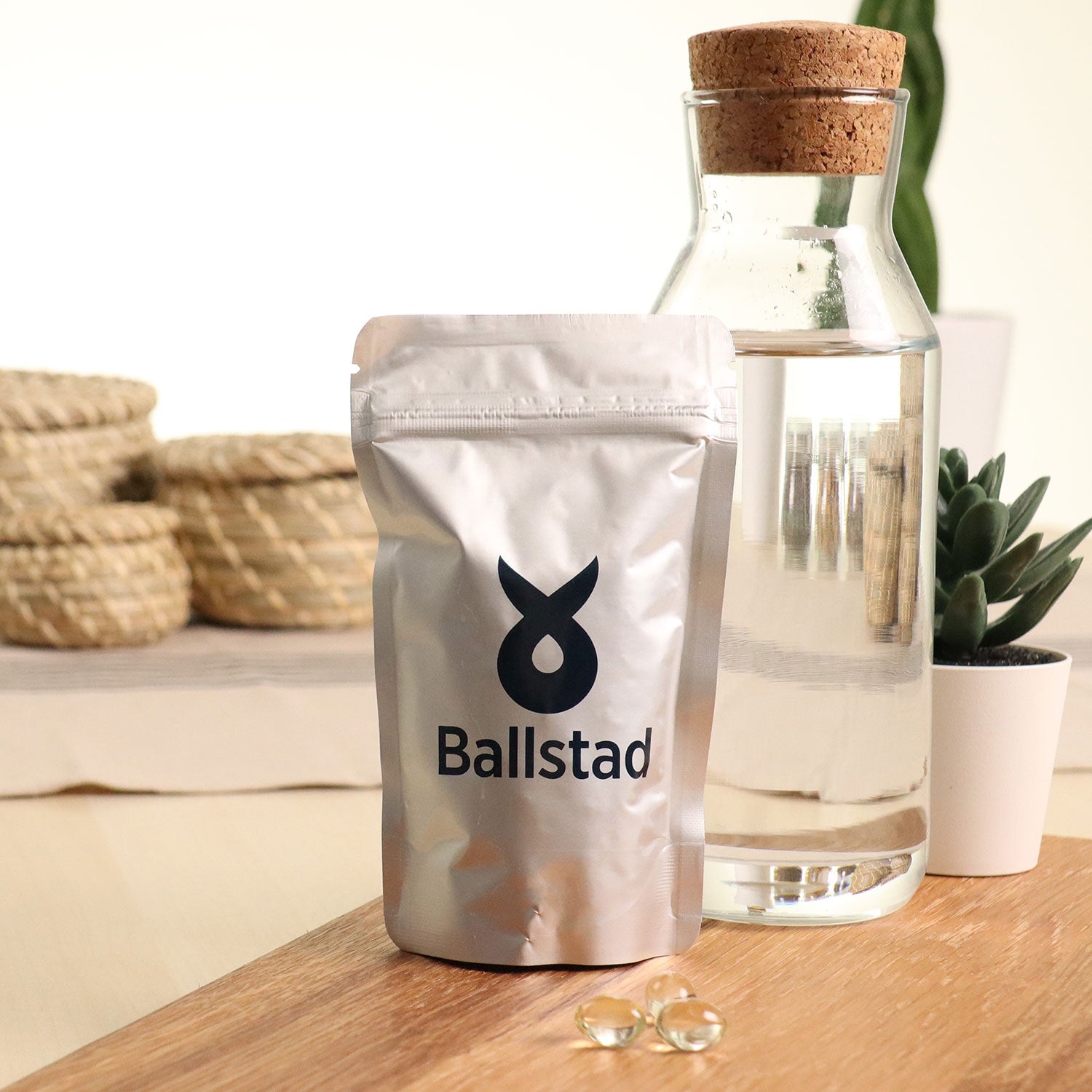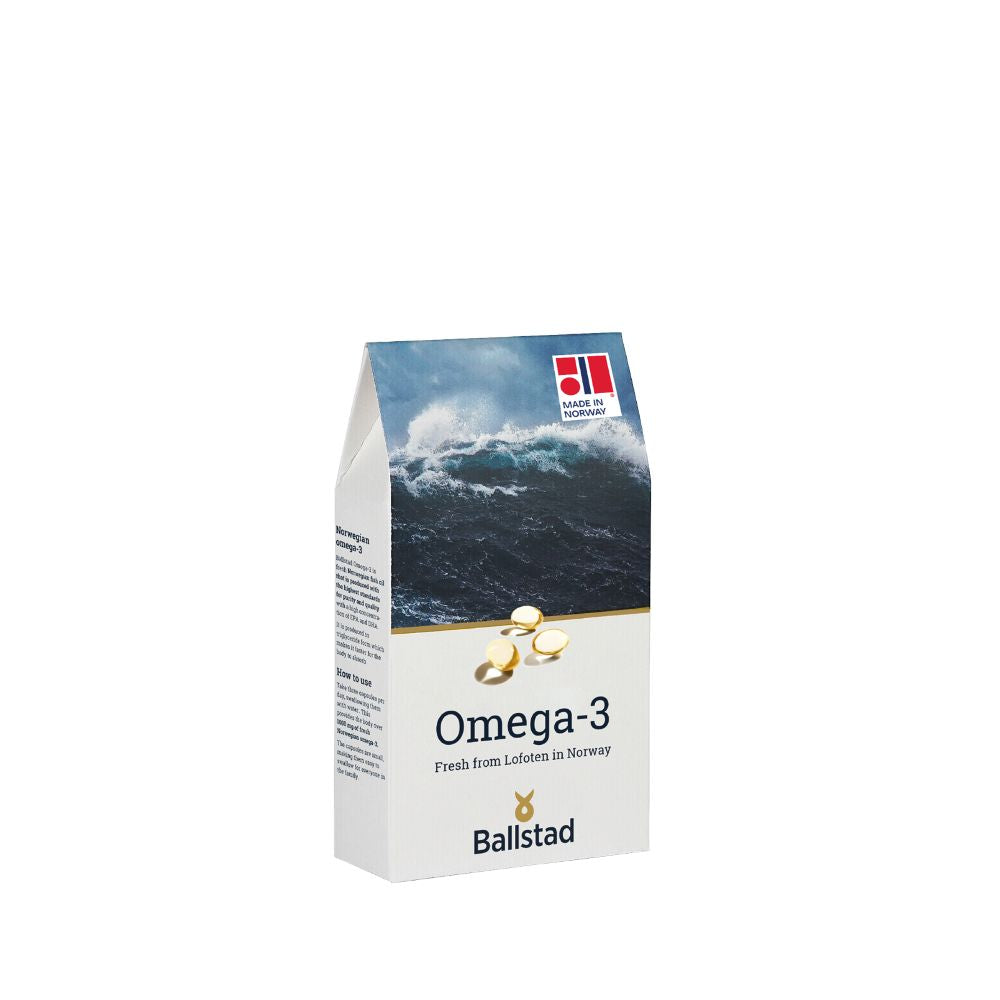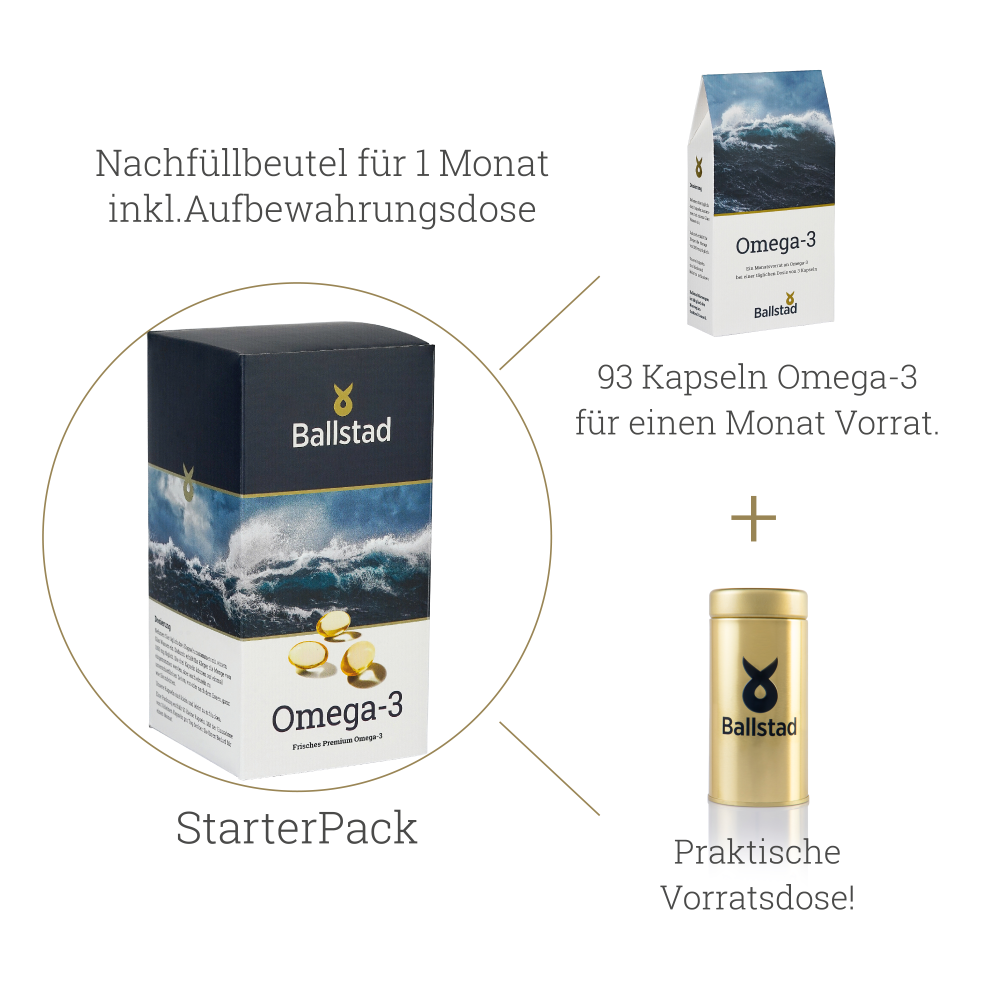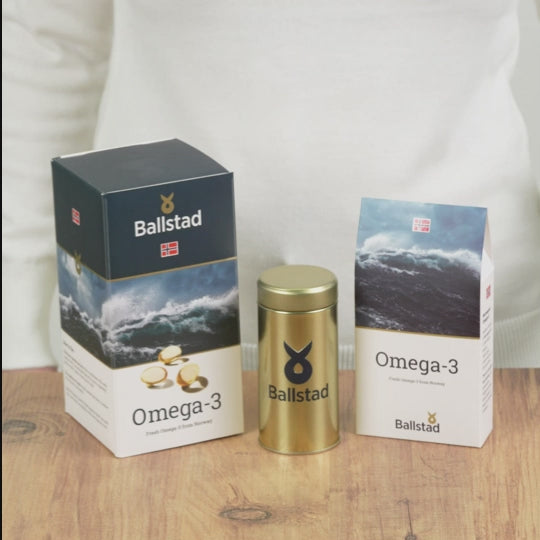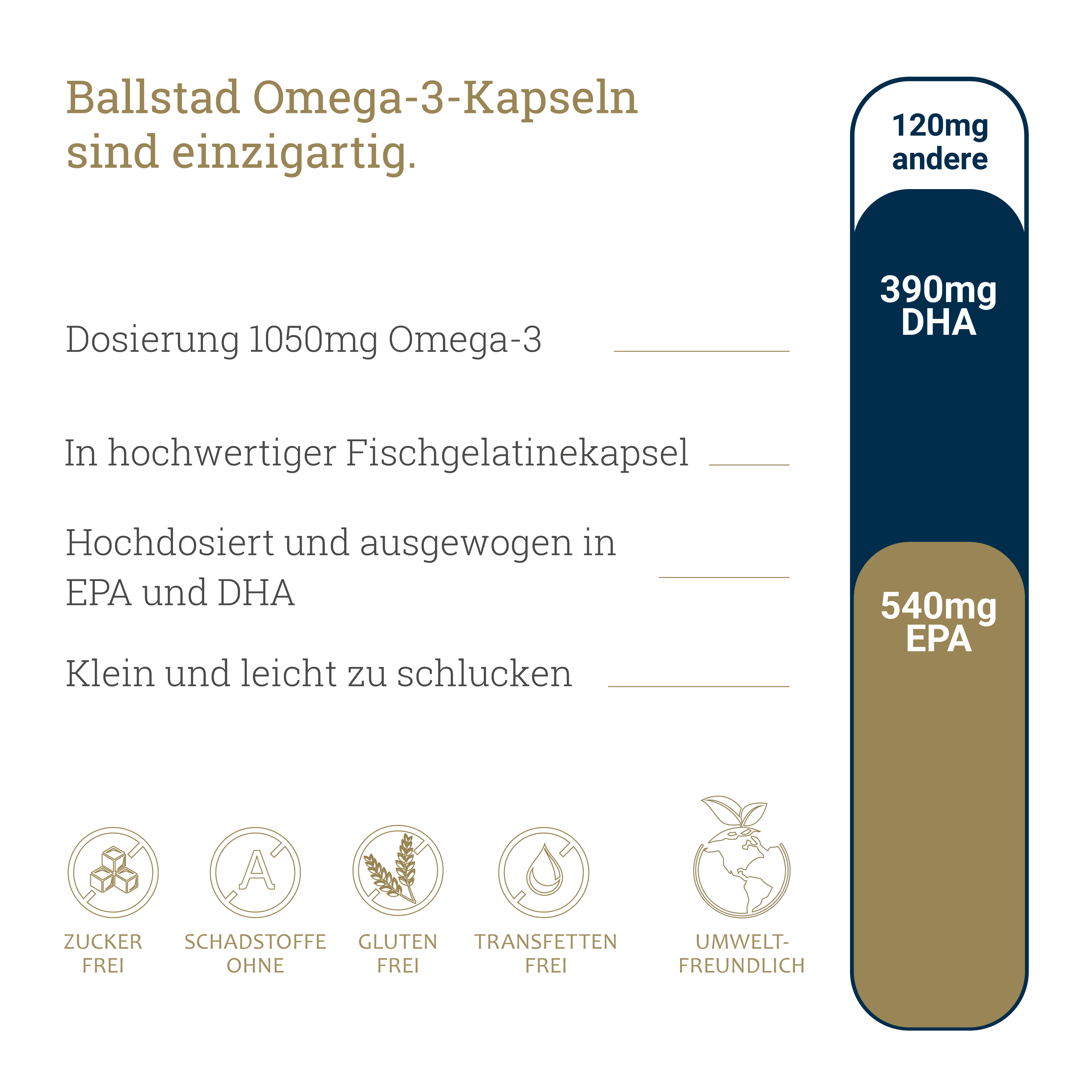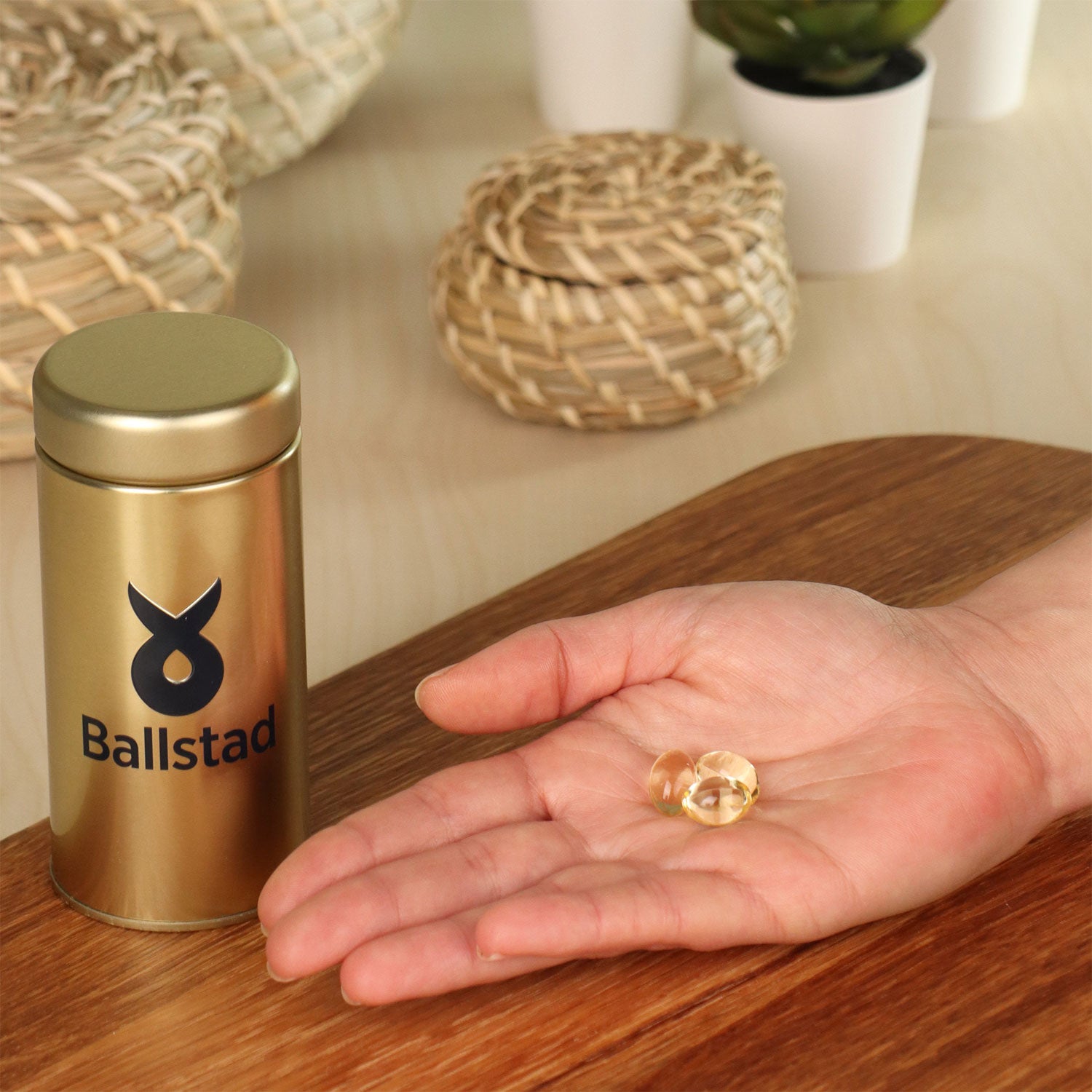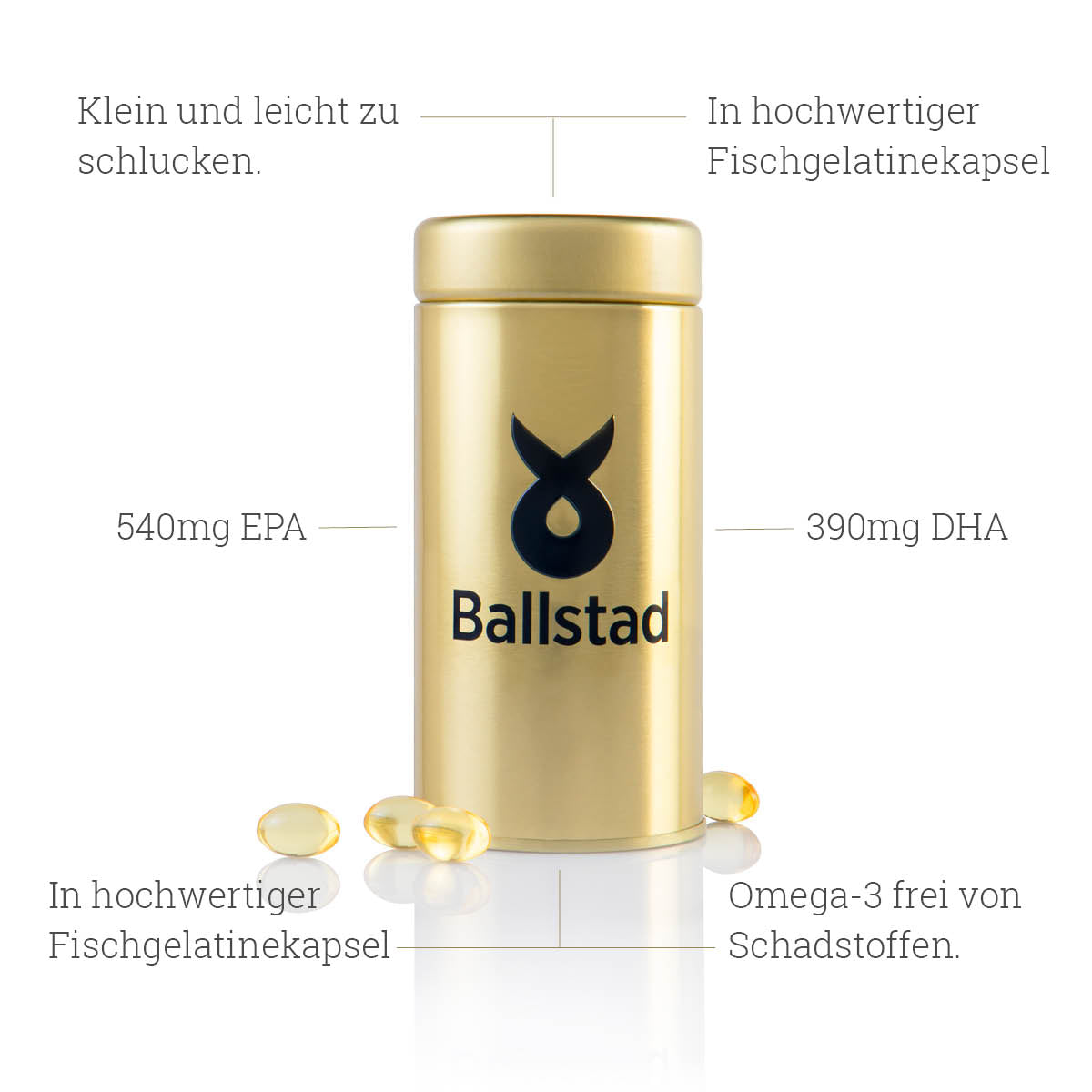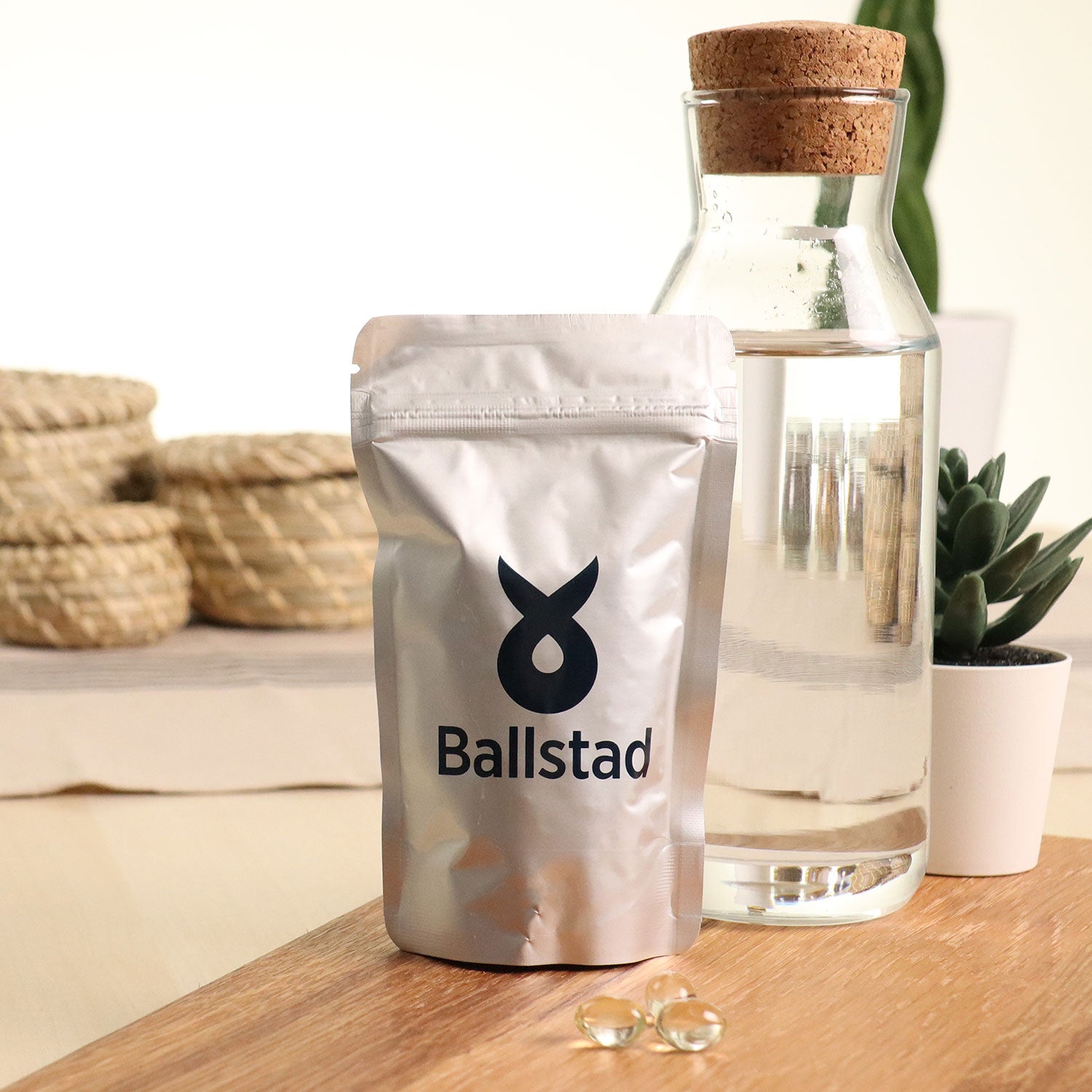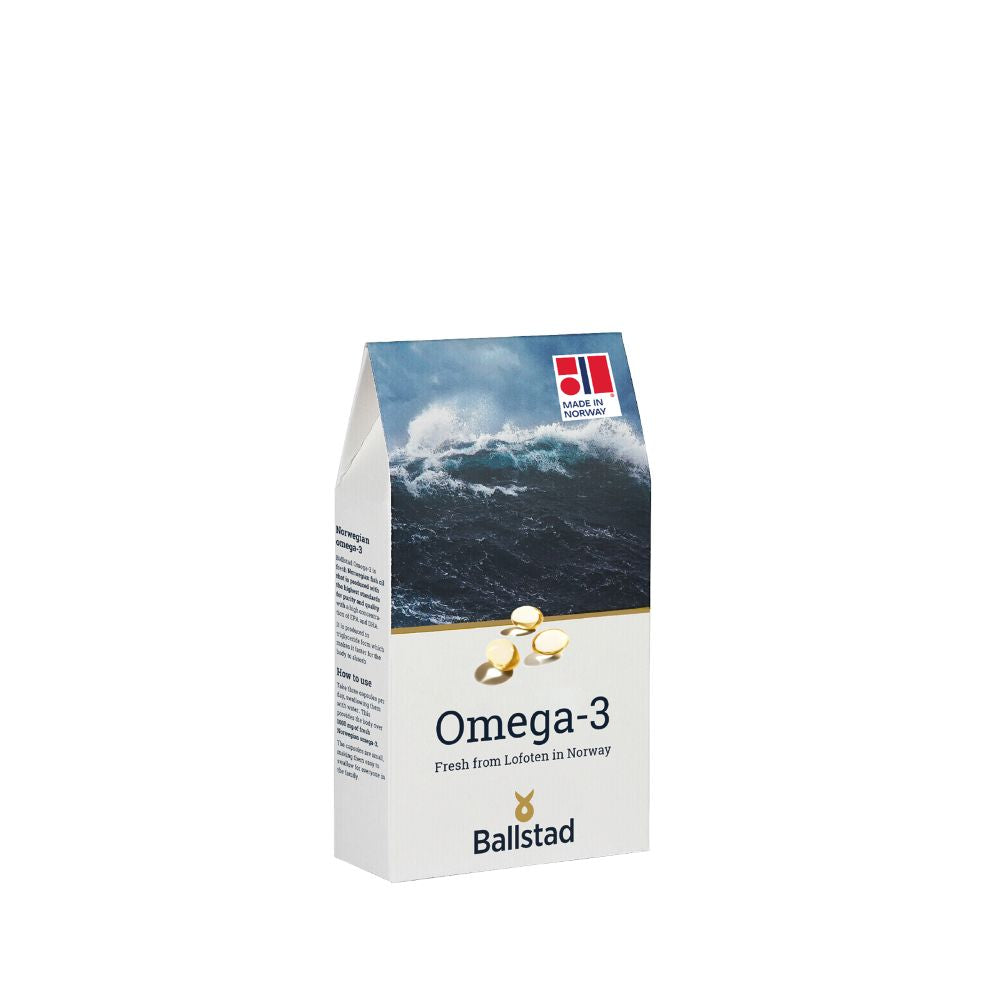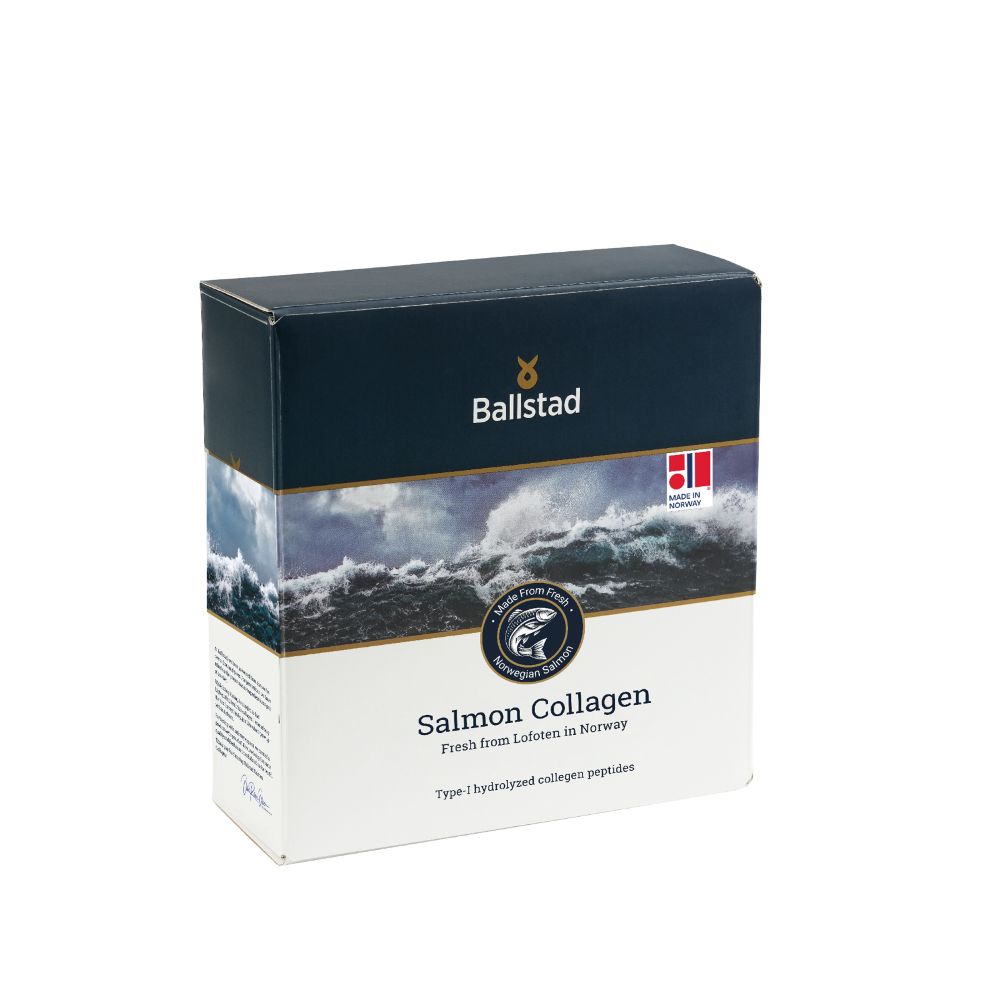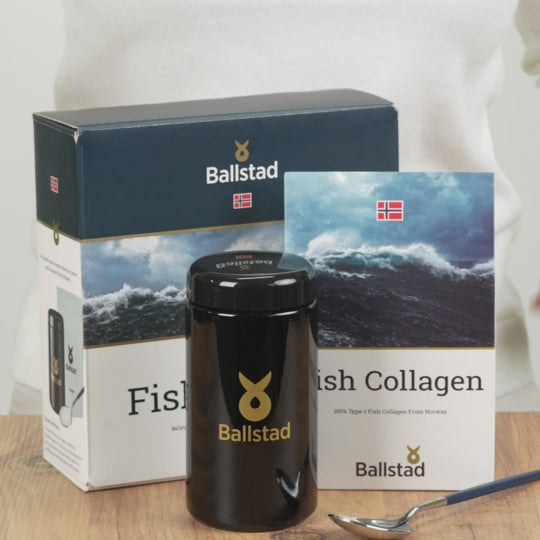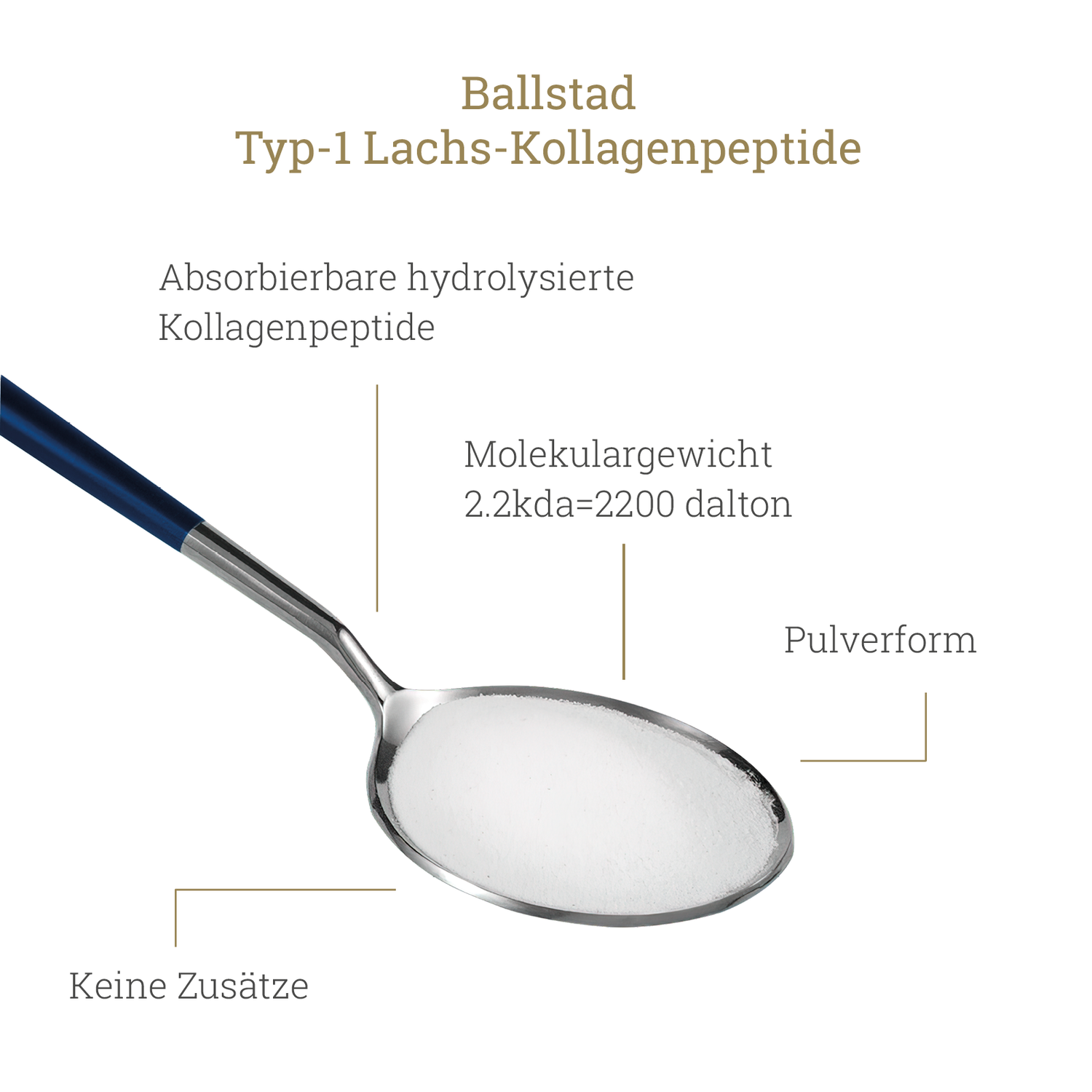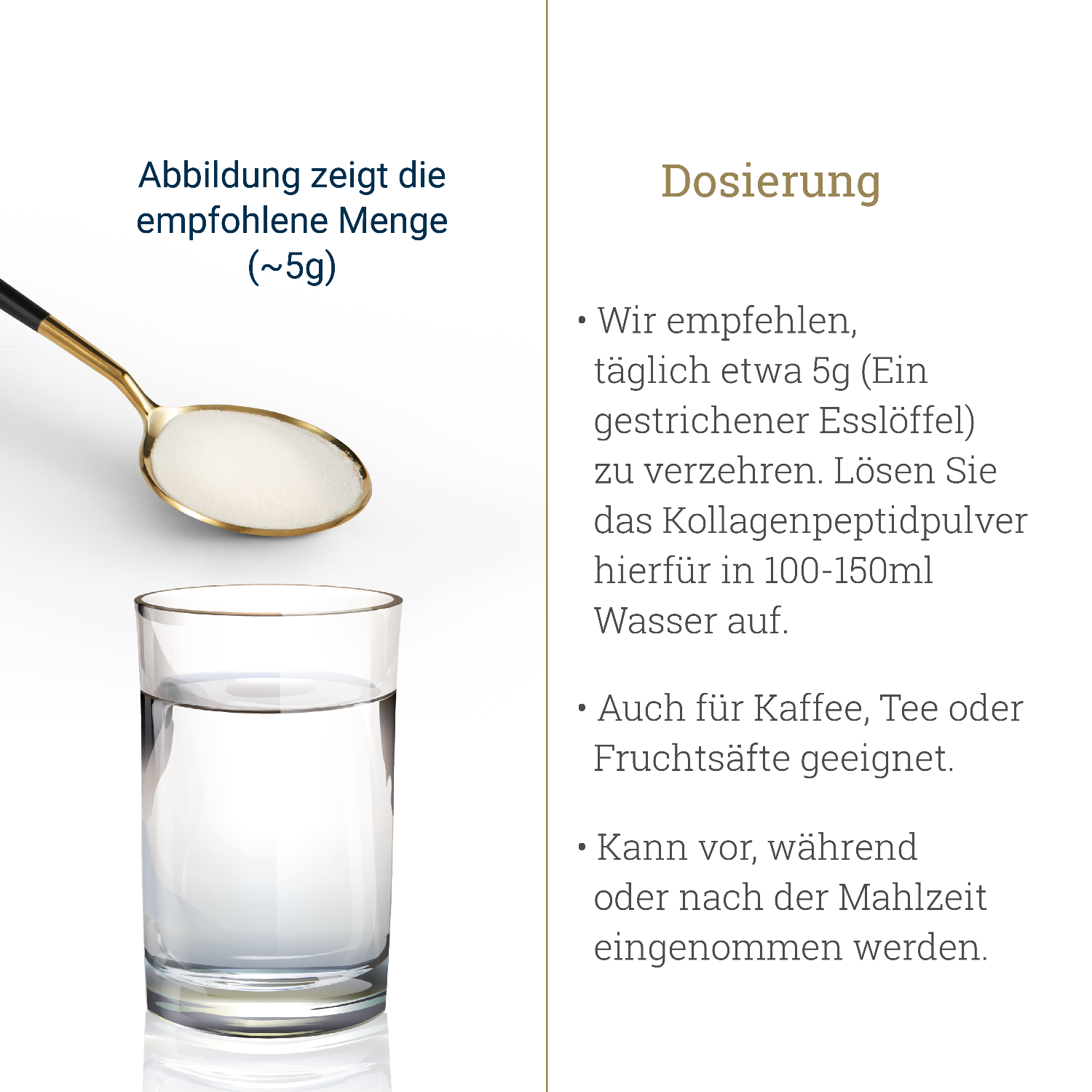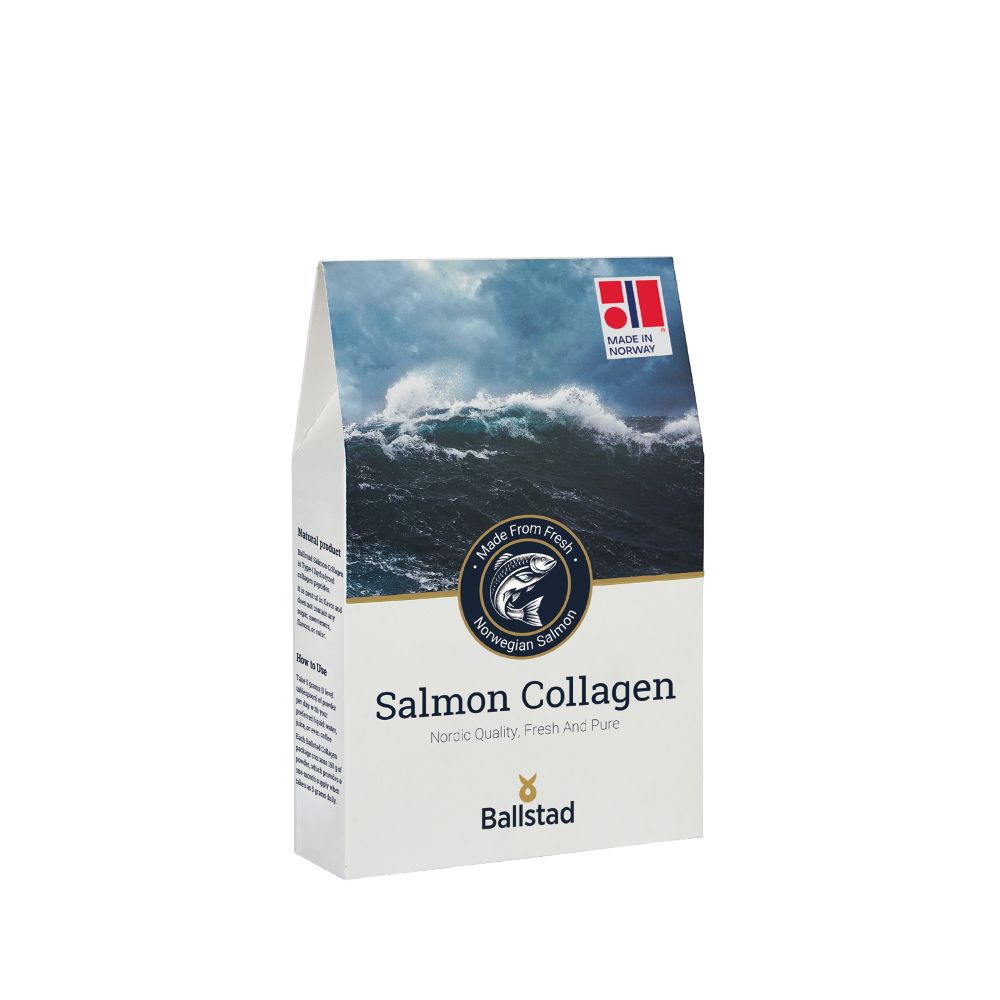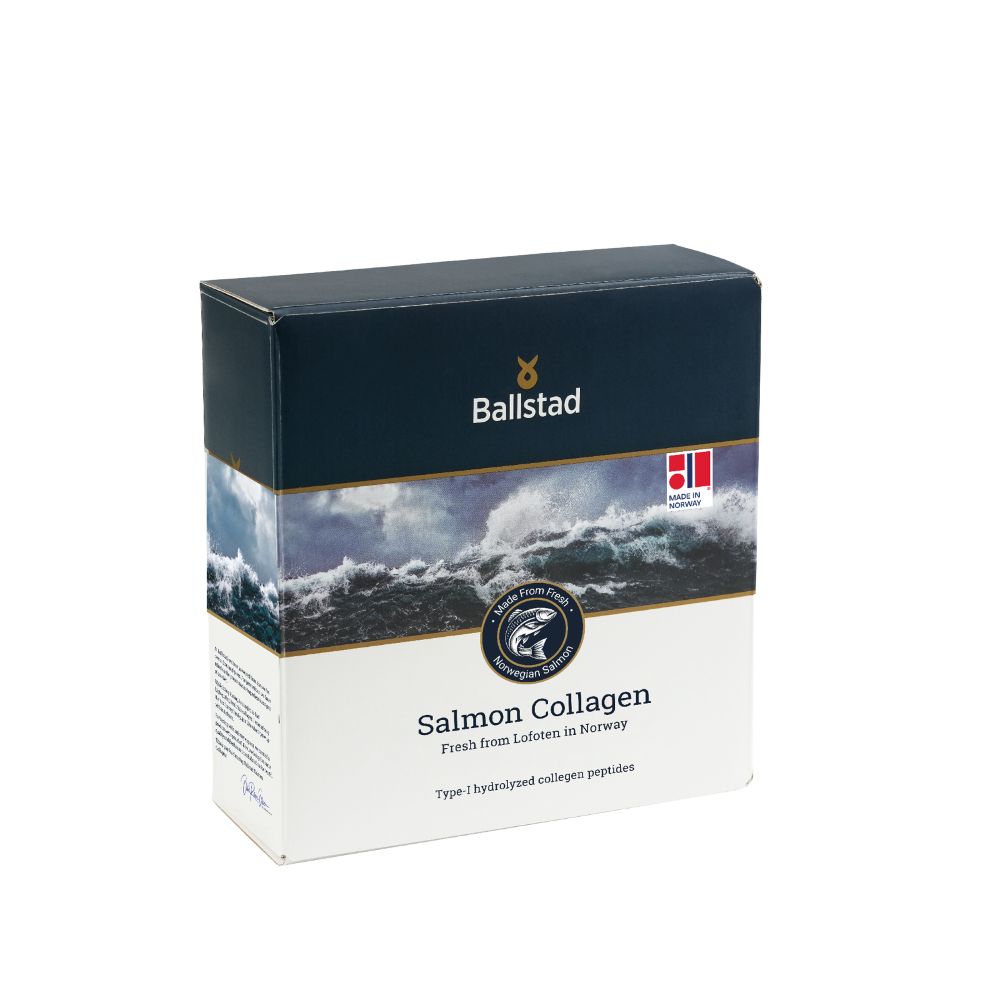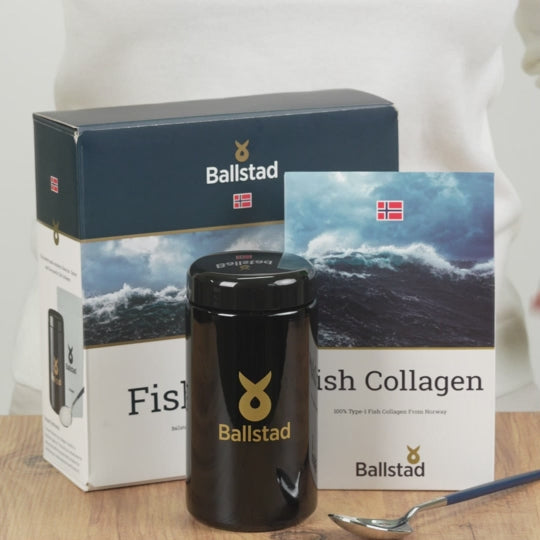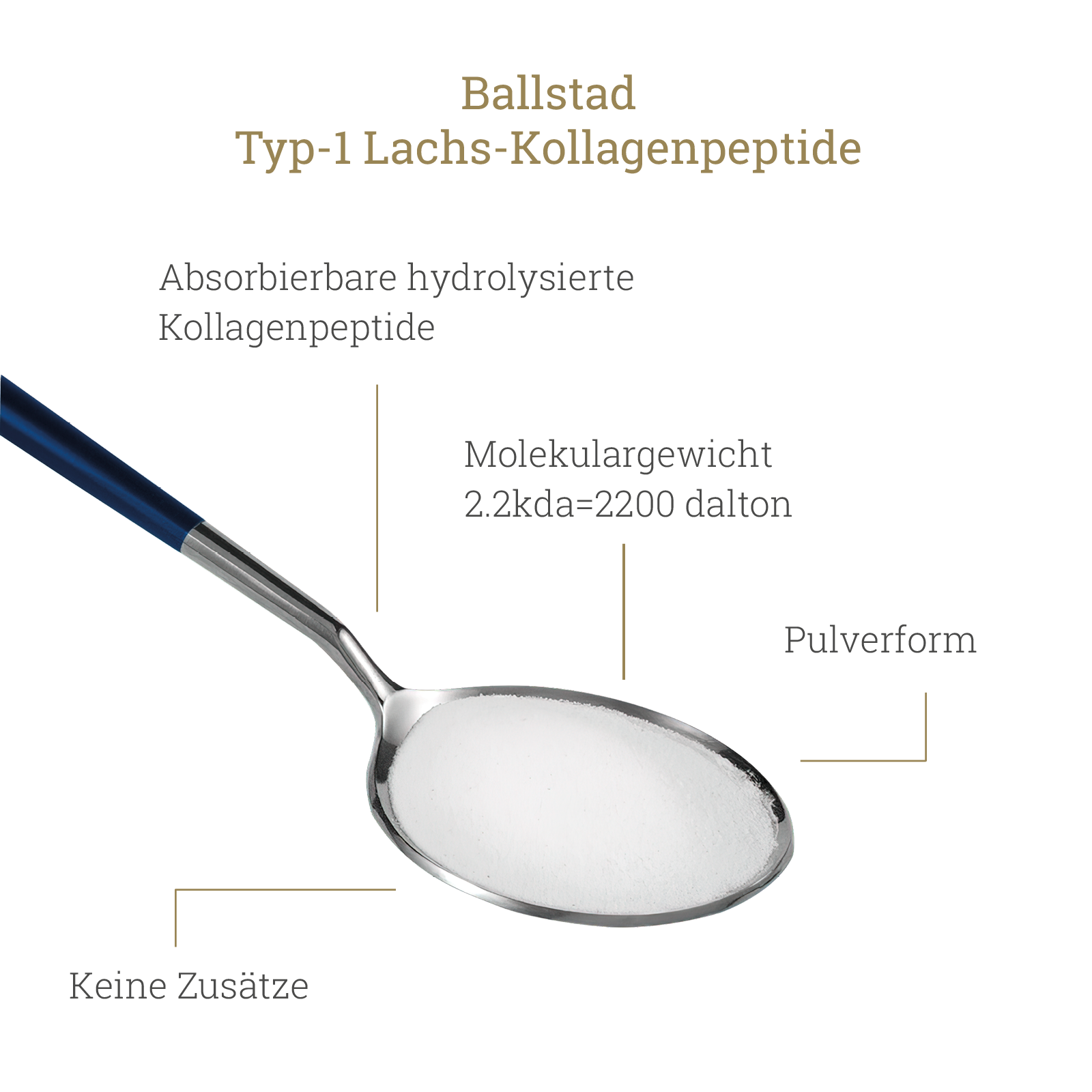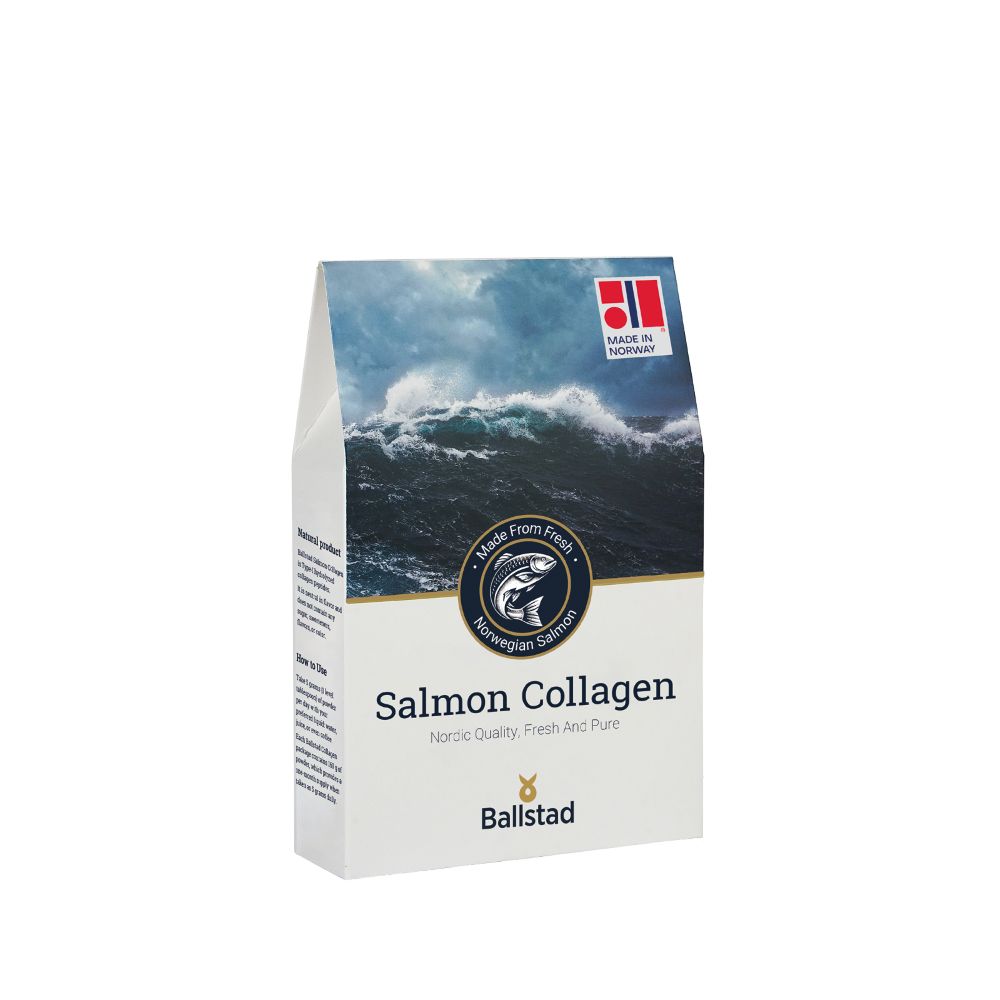Joints in focus – what happens when you have problems
Anyone who suffers from joint problems knows the limitations in everyday life: stiff fingers , sensitive knees or pain when moving can make even simple tasks difficult.
Even if these symptoms are not exclusively a matter of age, natural degradation processes and inflammatory changes in the joint tissue play a role.
Osteoarthritis , for example, occurs when the protective cartilage between the bones is gradually broken down.
In inflammatory joint diseases such as rheumatoid arthritis, misdirected immune processes also attack the joint tissue. In both cases, the joint loses its "cushioning" and mobility decreases.
Collagen as a component of articular cartilage
Collagen is a central structural protein in the body and forms a large part of cartilage, tendons and ligaments .
Type II collagen, in particular, is crucial for the stability and elasticity of articular cartilage. With age, the body's own collagen production declines—a process that can impact the natural regeneration of cartilage.
Therefore, the question comes into focus as to whether a supplementary intake of collagen peptides could support the maintenance of normal joint functions.
Current state of research
Scientific studies have been investigating the potential role of hydrolyzed collagen (collagen peptides) and undenatured type II collagen (UC-II) in joint health for several years.
Several studies suggest that certain collagen supplements may help support cartilage structure and thus promote normal mobility .
These results are currently being further researched and are promising – however, they do not replace medical treatment and should not be understood as a promise of a cure.
Supplement to daily routine
A balanced diet , sufficient exercise , weight management and medically recommended therapy remain the most important building blocks for healthy joints.
Those who want to supplement their diet in a meaningful way can consider collagen supplements – especially marine collagen , which is known for its high bioavailability .
Ballstad Salmon Collagen comes from sustainable fisheries, contains type I collagen, and can be mixed tastelessly into drinks such as water, smoothies, or coffee.
Conclusion: Conscious support instead of miracle cure
Collagen can be an interesting component of a holistic approach to supporting joint health.
However, it is not a medicine and should always be used as part of a healthy lifestyle and after consulting a doctor.
Sources
-
Bello AE & Oesser S. (2006): Collagen hydrolysate for the treatment of osteoarthritis and other joint disorders - Current Medical Research and Opinion
-
EFSA Journal: Scientific opinion on collagen hydrolysate and maintenance of joints
-
Federal Institute for Risk Assessment (BfR): Evaluation of food supplements containing collagen
-
Regulation (EC) No 1924/2006: Health Claims on Foods


